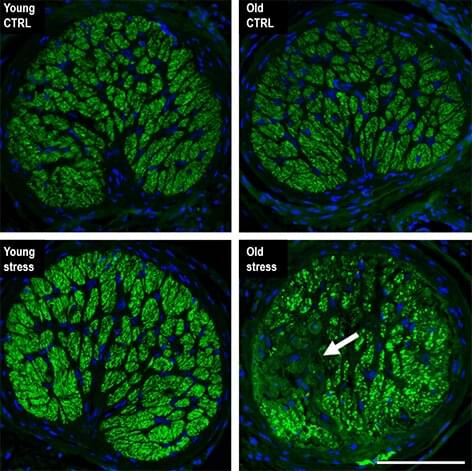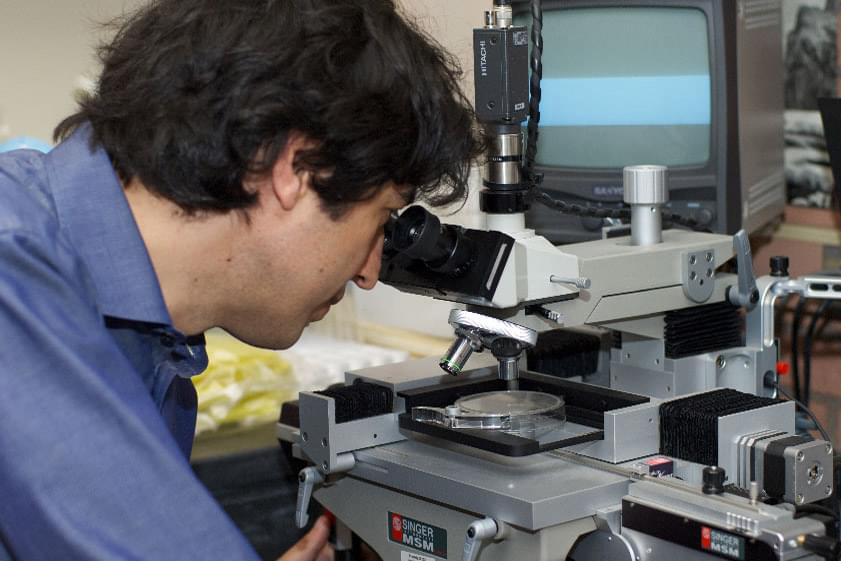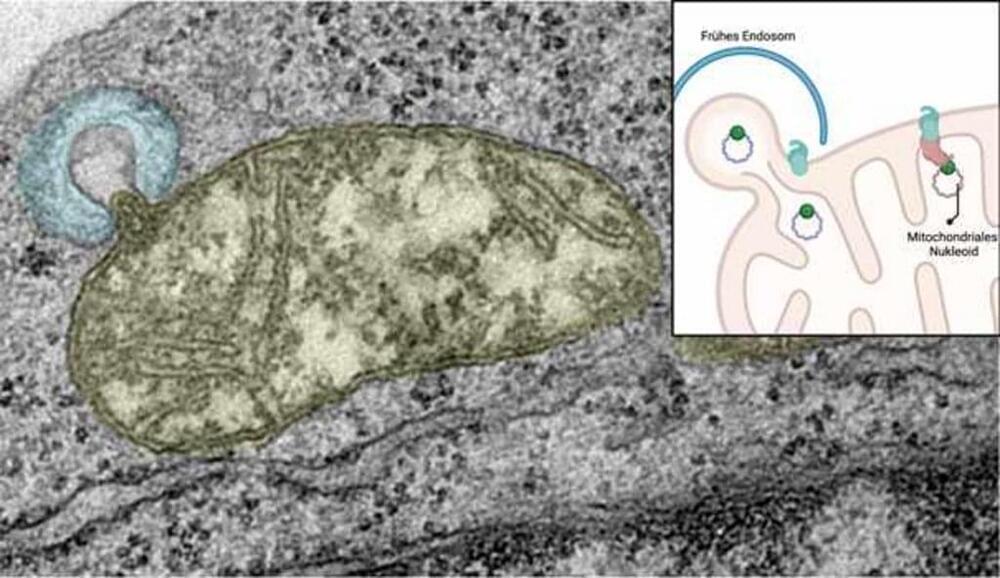Evidence-Based And Actionable Health, Wellness And Longevity Solutions — Dr. Renee DeHaan, Ph.D. — VP, Science & AI, InsideTracker
Dr. Renée Deehan, Ph.D. is the VP of Science & Artificial Intelligence at InsideTracker (https://www.insidetracker.com/), and leads a science team that builds and mines the world’s largest data set of blood, DNA, fitness tracking and phenotypic data from healthy people, creating evidence-based solutions that are simple, clear, and actionable.
Dr. Deehan has spent her career working in the precision medicine and personalized nutrition domains, previously serving as the VP of Computational Biology & Translational Informatics at QuartzBio and as the VP of Biology and Bioinformatics at PatientsLikeMe, the world’s largest integrated community, health management, and real-world data platform.
At PatientsLikeMe, Dr. Deehan was responsible for data and knowledge engineering, AI/machine-learning, and translational biology functions that drove infrastructure and consumer & business product development. She was also the Principal Investigator for the DigitalMe Ignite program, which collected longitudinal blood and patient-generated health data from over 5,000 at-home site visits from over 2,000 participants and was able to generate over 2 Million data points from the DigitalMe program.
Dr. Deehan also designed and cross-functionally implemented the first generation of an “advanced research platform”, capable of integrating survey and omics data for biomarker analysis, including ensemble-based machine-learning pipelines. Additionally, they developed an outsourced pipeline to support their wet-lab omics needs (DNA/RNAseq, proteomics, immune sequencing/antibody repertoire analysis, metabolomics, methylomics).






